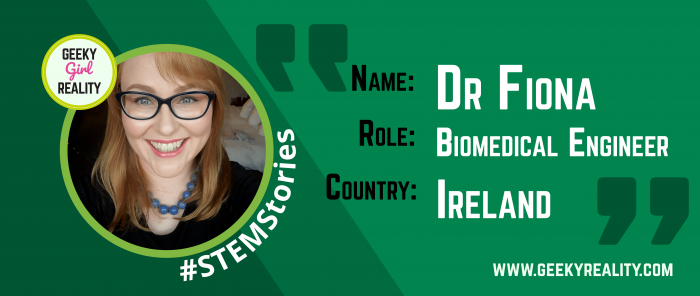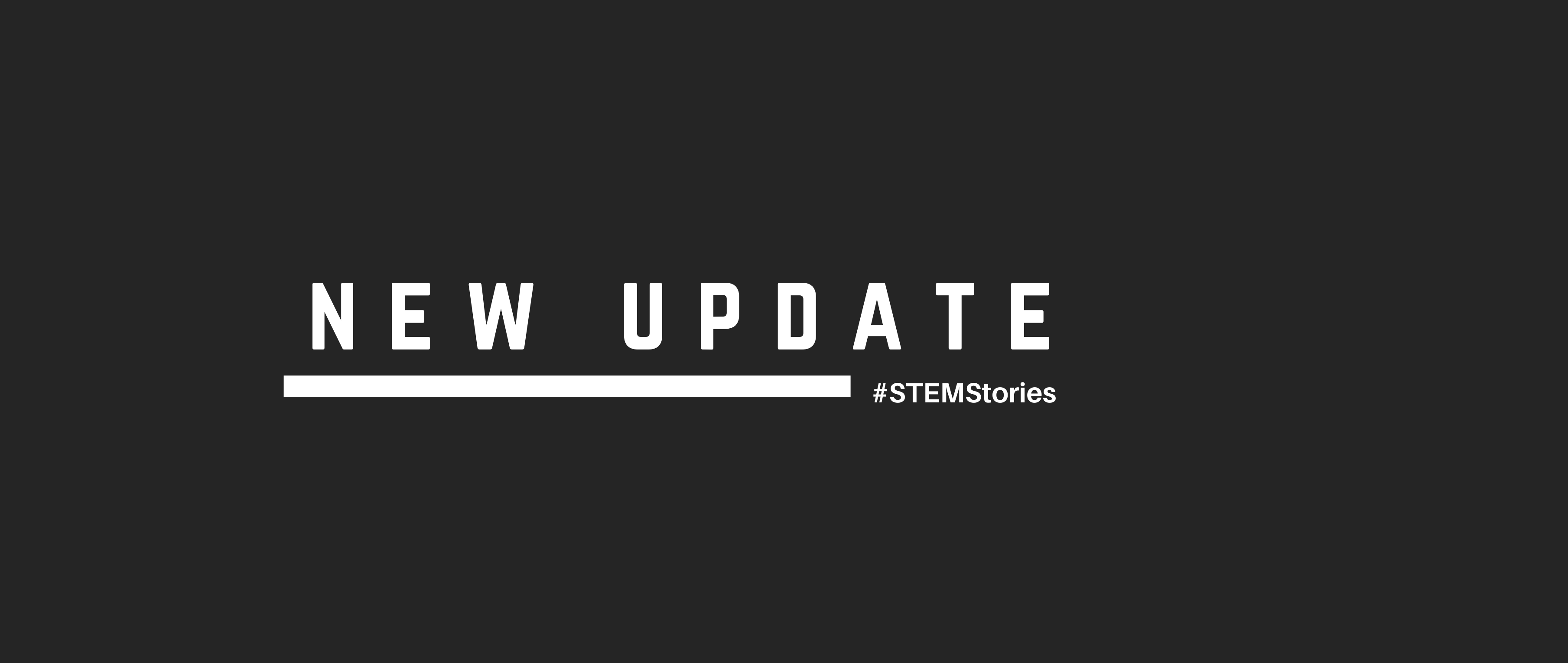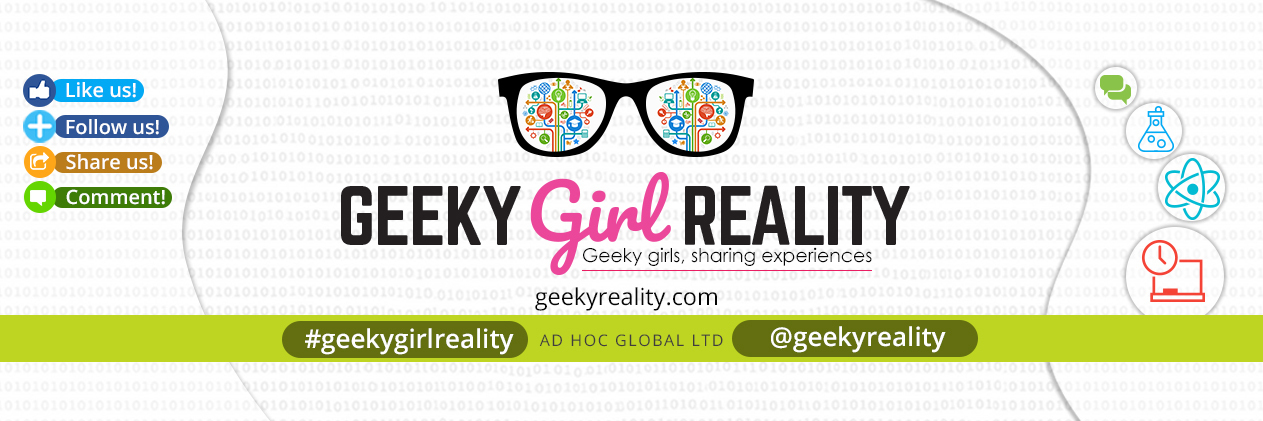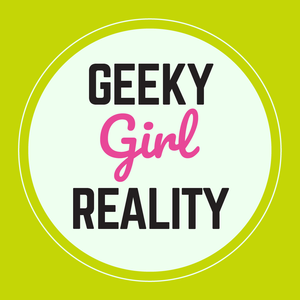 Two years ago, we spoke to Dr Fiona, a Biomedical Engineer from Ireland. She is currently a lecturer in the mechanical and industrial engineering department at Galway Mayo Institute of Technology in the West of Ireland and she specializes in making biosimulators for medical research and medical device testing.
Two years ago, we spoke to Dr Fiona, a Biomedical Engineer from Ireland. She is currently a lecturer in the mechanical and industrial engineering department at Galway Mayo Institute of Technology in the West of Ireland and she specializes in making biosimulators for medical research and medical device testing.

Since Dr Fiona shared her STEM story, she travelled to Jakarta, Indonesia in 2020. There she worked with the Irish Embassy to discuss women's access to STEM.

1. Introduce yourself, who are you, and what do you do?
Hi there! I am Dr Fiona Malone and I am a biomedical engineer 😊 A biomedical engineer is someone who uses maths, science and engineering to help solve medical problems, advance medical treatments and improve human health. I am currently a lecturer in the mechanical and industrial engineering department at Galway Mayo Institute of Technology in the West of Ireland and I specialize in making biosimulators for medical research and medical device testing.
I’m also a science communicator, podcast host, comedian and all round sports fan
2. How did you arrive at this career (or point in your life/work)? Was it always something you knew you wanted to do?
In school my favourite subjects were maths, science and art and I wanted a career that embodied all of my interests. I remember attending a university talk on engineering and fell in love with the idea of biomedical engineering. I could combine my love of maths and science to understand medical problems and use my creative talents to draw and design medical devices to improve a patient’s standard of living. However, I attended an all-girls school, which didn’t offer physics as a subject, so I had to go to the boys school across the road to study it! I then went on to complete my undergraduate degree in biomedical engineering in the University of Limerick in 2013 and then moved to Galway straight after to study for my PhD in Biomedical engineering, which brought me to my job today as a research and design biomedical engineer.
I’ve always had a love for teaching too; I worked as a swim teacher during my undergrad days and I made some extra cash working as a maths tutor on weekends. Once I completed my Research Fellowship in 2019, I jumped at the chance to work as a lecturer in the institution where I earned my PhD. The work is busy, but I really enjoy it. I’m still continuing my research into medical devices but it’s a tough job trying to juggle both!
3. What about your job makes you jump out of bed in the morning, especially on those cold, dark mornings?
I guess the greatest part about biomedical engineering is the opportunity to help people and improve patient lives. Biomedical engineering is exciting because things develop and change so rapidly that newer devices and technologies are introduced nearly every day! And I get to bring this passion and innovation into the classroom too which is really awesome. I really enjoy generating curiosity in our engineering students, especially when discussing new biomedical devices and treatments and in terms of engineering principles, it’s good to illustrate practical applications of the theory I’m presenting and chat about my own work and experiences. That “lightbulb” or “eureka” moment is infectious and addictive and chasing that definitely keeps me going!
4. What is your personal cure for stress or how do you raise your spirits in times of doubt? Can you share a story?
Even though it’s enjoyable, my job can be quite busy and stressful. I do make time to look after my physical and mental health so I can prepare myself to cope in stressful periods. I enjoy swimming, weightlifting, walking and painting. These activities help me get into a flow state where I almost forget what’s going on around me which I find really helps me cope and switch off my busy brain.
As a woman in STEM, it’s super important to surround yourself with role models to look up to and people to raise your spirits in times of doubt. I make sure to surround myself with people who make me feel the best; my family, my friends and my boyfriend are all incredibly supportive. I also co-host a podcast called NextGenFem where we interview badass women in the areas of academia, business, sport and everything in between. Interviewing these fantastic women makes my heart full and I am deeply humbled to listen to their stories of how they overcame times of stress and doubt in their own lives.
But my main cure for stress is humour. When something very stressful or difficult happens to me, I usually try write it down and find the light in it. Sometimes I tell these stories to a crowd at a stand-up comedy night and we all laugh at the stories together. I find it takes the negative energy out of the scenario and converts it to positivity in the form of laughter.
5. Who is your role model? If no one, any thoughts on this?
Barabra Beskind, she’s AMAZING! She is a 95 year old inventor who is still working and designing today to help create new gadgets for the elderly. Diversity is the key to engineering design and I love how she’s still out there trying to help and improve things for people.
6. What advice would you give to yourself if you could go back in time?
Don’t text that guy back! No seriously, I would tell myself to stop being so hard on myself. Life is hard enough without having myself being my own worst critic too. Be kind to yourself, your mind and your body. Always make time for yourself.
7. Top 3 tips for girls starting out in STEM?
Do or study the things you like. If you think you want to be a medical doctor but you don’t like human biology or blood then maybe medicine isn’t for you! If you can’t be happy during the process then you sure as hell won’t enjoy the destination. You’ll hate the classes and then you’ll resent your job at the end.
Comparison is the thief of joy – don’t waste time or energy comparing yourself to other girls in STEM or boys for that matter. Life is not a competition and everyone has a different timeline. Celebrate your successes and learn from your mistakes.
And there will be mistakes and failures. Don’t be so hard on yourself. Failure is progress and part of the process, but not the end. I think it’s Bob Ross who says “mistakes are just happy accidents” 😊
8. How do you measure your success?
I guess it’s changed over the years but I measure it now in how my life and work are balanced with each other. If I’m enjoying my job, keeping the creative juices flowing with new ideas and designs, and balancing that with spending time with my friends and family then I can’t ask for much more. Biomedical engineering can be incredibly rewarding when you know your work is making a difference. I also do some fulfilling work as a science communicator, where I try to bring STEM to the public, into schools and communities. When you see people who would normally not be interested by science or scientific concepts, enjoy and understand what you are doing, then that’s an amazing success too.
9. Where can we find out more about your work?
If you’re into scientific papers then you can find those here:
https://www.researchgate.net/profile/Fiona_Malone3
I also have written some articles for RTE
https://www.rte.ie/brainstorm/2019/0214/1029650-how-bright-club-shows-academics-do-have-a-sense-of-humour/
https://www.rte.ie/brainstorm/2019/0326/1038622-can-you-be-too-young-to-have-a-stroke/
Here are also some links to my science communication talks/comedy sketches:
https://www.youtube.com/watch?v=eK3PjPp53fU
https://www.youtube.com/watch?v=phLY97hfNOI
https://www.youtube.com/watch?v=eP1EhwY-xas
10. Are you social? Will you share your Twitter handle, or LinkedIn profile, or Facebook so that young women can connect with you?
My twitter handle is @miona_falone
Our podcast is @NextGenFem_Ire and you can here us on Spotify, iTunes and all other platforms
My LinkedIn is https://www.linkedin.com/in/fiona-malone-phd-85165039


